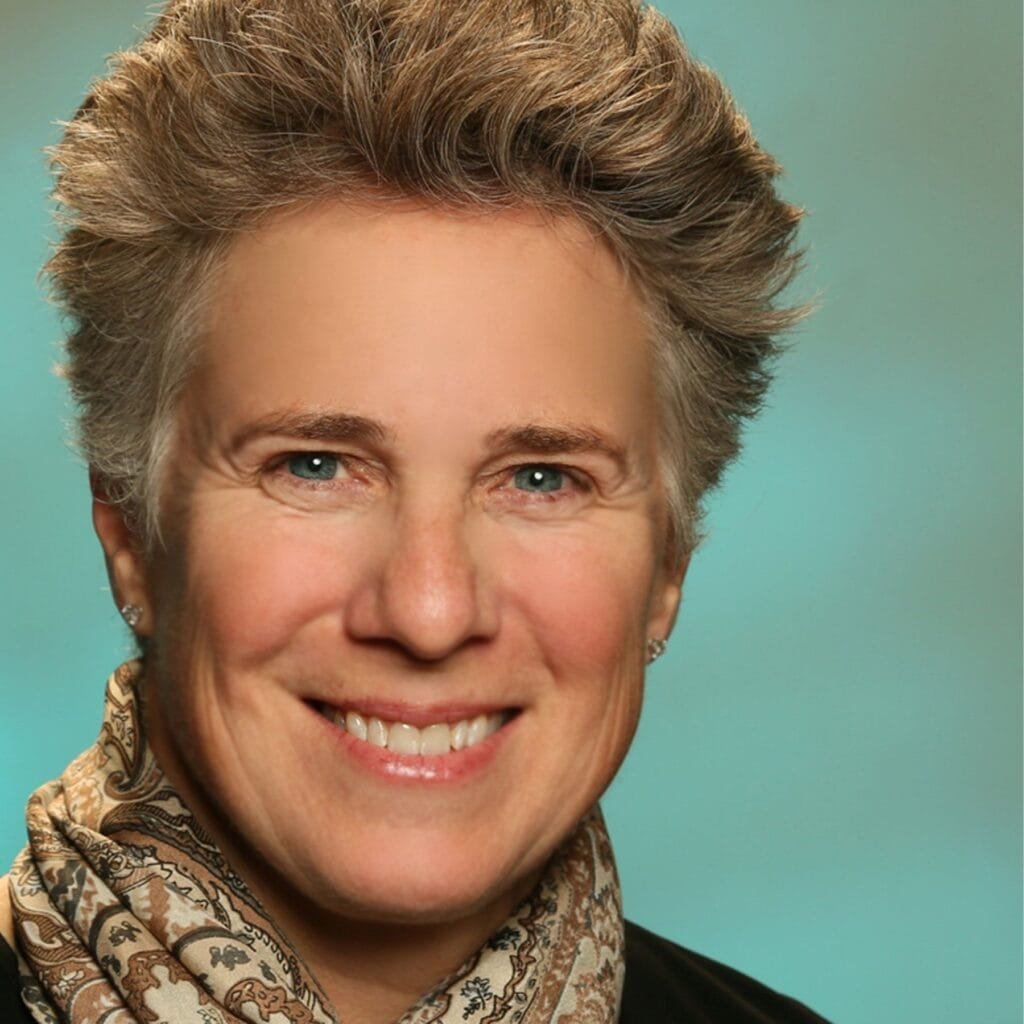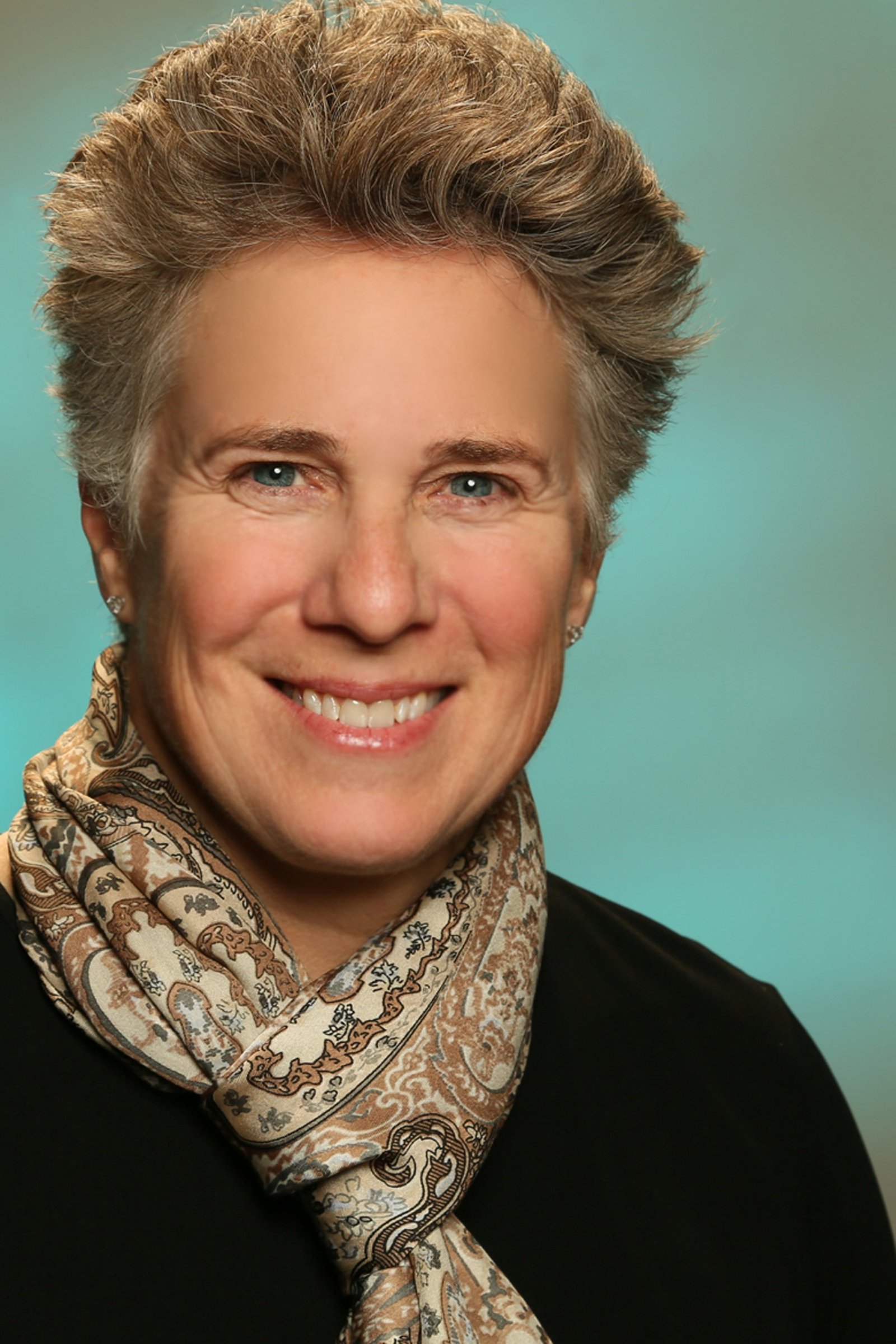Several years ago, I interviewed Olympic gold medalist and Caltech athletic director Betsy Mitchell in an interview originally published in Thrive Global. A member of the International Swimming Hall of Fame, Betsy won an Olympic gold medal as a member of the women’s 4×100-meter medley relay team in the 1984 Summer Olympics in Los Angeles and won silver medals in both the 1984 and 1988 Summer Olympics. Here is an excerpt from our interview:
Adam: What is something about you that would surprise people?
Betsy: I am not really a sports fan! I enjoy all kinds of sports, watching them, learning about them, supporting the people that play them, but I don’t have a “team” … I don’t know statistical history, results or even who wins what. I am a fan of the athletic process and what one learns from actually participating, not so much what we get from spectating!
Adam: How did you get here? What failures, setbacks, or challenges have been most instrumental to your growth?
Betsy: The fact that despite all my outward success, I did not achieve the one goal I really ever set for myself. It was a time goal and I didn’t meet it. That’s not a failure, nor a setback even. I just didn’t do what I wanted to do in swimming. All my success, wins, records, international travel, representing the country, all of it, was awesome and I learned so much from it. But I didn’t actually achieve my time goal. Sort of interesting. I didn’t dream of becoming an Olympian; I just loved swimming and wanted to do the best I could. All that came from me just focused on getting better!
Adam: What are the best lessons you learned from the achievement of becoming an Olympian and then a gold medalist?
Betsy: For me, Olympism is all about striving, loving what you do, working hard at it, and inching forward through incremental success. These are the skills that are valuable from sports. The joy in it, learning resiliency and grit, and seeing it for what it is, part of life, not all of life. Internal motivation is the strongest asset a person can have; external motivation fails you in the long run. Better love the process!
Adam: What are the best lessons you have learned from your time in coaching and athletic administration?
Betsy: Young people need and want guidance, whether they are among the best and brightest minds we have or just happy to be in college. All adolescents need help in the bridging years from childhood to adulthood. It is one of the most challenging times of life. Coaching was so much fun and very hard! Learning to meet a person where they are and through trust and communication bring them toward their goals is very rewarding!
As an Athletic Director, I simply want to provide safe, healthy opportunities for our community to pursue their physical goals. Easy. Many of my colleagues focus on facility escalation, huge coach salaries, dancing around the big issues of our day in trumped-up homage to a hyper-focus on results. Don’t get me wrong, we play to win and enjoy it when we do. But there is nothing of inherent value in winning … there is everything of inherent value in what we learn from striving and working toward a goal. So my focus is on the educational process of striving and improving. And of course, enjoying when young people meet their goals!
Adam: What attracted you to the role of Caltech AD? How does the unique nature of the student body impact your mission and goals?
Betsy: I like puzzles. This was an underdog role, an institution specifically seeking a change agent to give value, meaning, and support to the physical dimension of the smartest STEM students/community in the world. I like breaking myths, the corollary to the dumb jock myth (that I battled all my life) is the “smart kids aren’t good athletes” myth. Neither is true! So we are here valuing athletics and recreation for the smartest folks on the planet! Their laser focus on their intellect and the big problems of science and engineering to make our world better is inspirational. They are also, just kids! They need this release and outlet in the same way as every other college athlete. Over the past eight years as we have focused on the process, not the outcome, we have had way more outcome success!
Adam: In your experience, what are the defining qualities of an effective leader? How can leaders and aspiring leaders take their leadership skills to the next level?
Betsy: Being a life-long learner and committed to personal improvement is a critical ingredient. But excellent communication skills are essential. To be a servant leader and empower others within an ethical framework is foundational for any leader. Bring positivity, optimism, and trustworthiness to the people you work with.
Adam: What are your three best tips applicable to leaders?
Betsy: No one is perfect; don’t strive for it. It doesn’t exist; don’t expect it from anyone. Instead constantly work toward mission-driven objective markers tied to performance.
Be humble, remove your ego from every situation, and rely on sound philosophical principles to lead and manage from.
Do the right thing. Stand up with integrity. “Do the best you can until you know better. Then when you know better, do better.” Maya Angelou
Adam: What are your hobbies and how have they shaped you?
Betsy: My hobby as a child was swimming … the work ethic speaks for itself; my success brought me into the public eye, so I learned how to be at ease and confident in every situation with the eyes of a town, nation, world on my performance, all I needed to do was my best, very liberating!
My hobby in my 20s and 30s was international travel; intentionally expanding my horizons has made me aware of others; embrace and not be scared by difference to intentionally seek a larger worldview than my small stamp has made all the difference.
In my 40’s, it was gardening. To plant, trim, place, water, weed, work the earth, and take daily care of the earth was a joyful experience, satisfying, calming, and time to think.
Adam: How can anyone pay it forward?
Betsy: Every day, spend five minutes to do something for your local situation. Pick up a piece of trash, hold open a door, give compliments freely. Focus outward not inward.
Adam: What is the single best piece of advice you have ever received?
Betsy: Don’t quit in the middle of something. Evaluate at the end and make decisions that are best for you.









